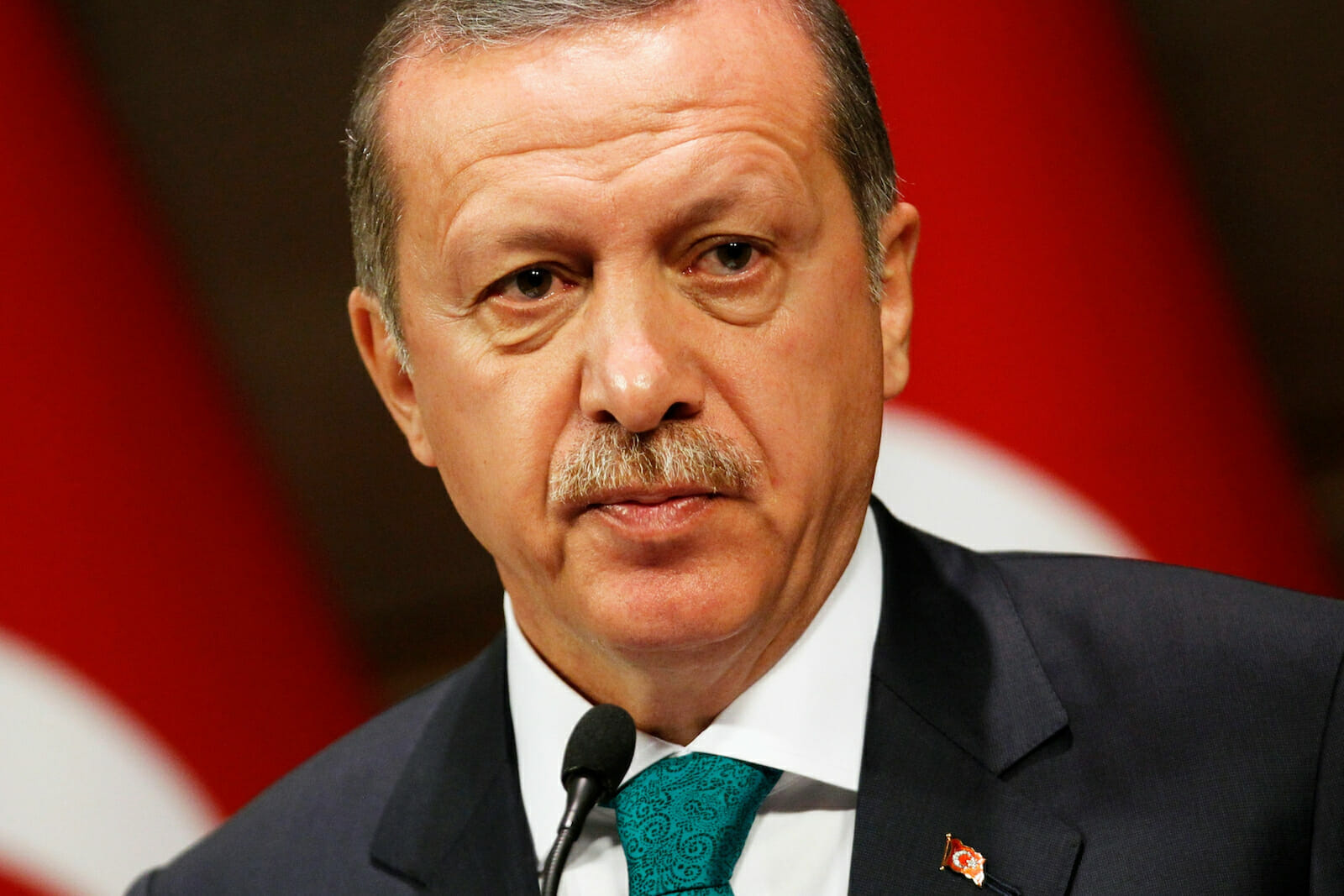
Turkey’s Authoritarian Slide and Political Decay
Turkey has been witnessing rising authoritarianism especially in the aftermath of the failed coup attempt in 2016. Democracy has been weakened by a prolonged assault by Recep Tayyip Erdoğan’s government. This break from democracy derives from one sole factor: dominant bureaucratic actors such as the Council of Judges and Prosecutors, the Radio and Television Supreme Council, and the Institute of Higher Education led by the Justice and Development Party (AKP). Since 2016, state of emergency commissions can be seen as another factor undermining the rule of law which is an essential component of democracy.
The AKP was founded under the leadership of Recep Tayyip Erdoğan in 2001 and it received 34.28% of the vote in the 2002 elections. Since 2002, the AKP has managed to stay in power, but the AKP faced a serious challenge in 2019. The Justice and Development Party lost Ankara municipality and it also failed to prevent opposition candidate Ekrem İmamoğlu’s victory in Istanbul. Since 2018, a de facto “one-man” rule has been evident in Turkey. Without sufficient checks and balances, further authoritarianism is the natural outgrowth.
Samuel Huntington, in his book, Political Order in Changing Societies, emphasizes that violence, instability, and political chaos are the features of developing countries in modern times. The basic assumption in Huntington’s book is that political institutionalization is essential for stability and that stability is a requirement for political development. Institutionalization can be defined as a tool through which structures and processes generate legitimacy for the political system.
According to Huntington, most third-world countries do not have full institutionalization and a legitimate political system as they are in the middle of the modernization process. Huntington uses the term “political decay” to describe the instability experienced by many newly independent countries after World War II. According to Huntington, political institutions are governed by rules that ensure stability and predictability, but in some contexts, political institutions fail to establish order and lack legitimacy due to the personal interests of the elites and conformism practices. This situation is described as “political decay.”
In light of the analysis made by Huntington, it can be said that the current political sphere in Turkey hosts a political environment through which democracy has been undermined and political decay has been witnessed. Political institutionalization and legitimacy have been on decline.
Media and press freedoms are worthy of consideration while analyzing political decay in Turkey. According to data by the World Press Freedom Index 2020, Turkey is behind countries such as Cambodia and Algeria in media freedom and it ranks 154th out of 180 countries. It is also known that detained journalists are denied any effective legal recourse and online censorship has reached unprecedented levels. In addition, academic freedoms are under assault. A report published by the Turkish research center, İnsan Hakları Okulu, reveals the results of in-depth interviews conducted with academics. Based on the interviews, it is stated that “one of every three academics participating in the survey and actively lecturing (34% of academics) stated that they felt threatened or under pressure while preparing their course contents or lecturing in class.”
Another issue that is worthy of consideration while analyzing Turkish political decay is the weakening of the rule of law and politicization of the judiciary system. The Switzerland-based International Commission of Jurists published a report titled “Turkey: the Judicial System in Peril” in 2016. According to that report, the expansion of executive control over the judiciary has become a significant threat to human rights and the rule of law in Turkey.
Starting in 1950, Turkish multi-party politics have been suspended through military interventions in 1960, 1971, 1980, 1997, and in 2007. In the early 2000s, with EU harmonization packages and since the failed coup attempt in 2016, civilian control of the army has been realized to an important degree however the democratization of the civil-military relationship has not been sufficient for establishing a liberal democratic regime. One major factor that blocks democratic processes and leads to political decay is Turkey’s current constitution. Turkey’s constitution is a product of the military regime that dominated Turkey between 1980 and 1983. Without writing a new civilian constitution, political decay will not be reversed.
Turkey lacks a strong civil society, rule of law, academic freedom, media freedom, and a lack of checks and balances over the presidency of Recep Tayyip Erdoğan. Turkish democracy unfortunately has preserved its illiberal structure. The state of emergency commissions established to meet the needs of certain conditions like providing a fair and effective process in the review of emergency measures cannot adapt to democratic and lawful demands and this causes them to lose their function and legitimacy.

